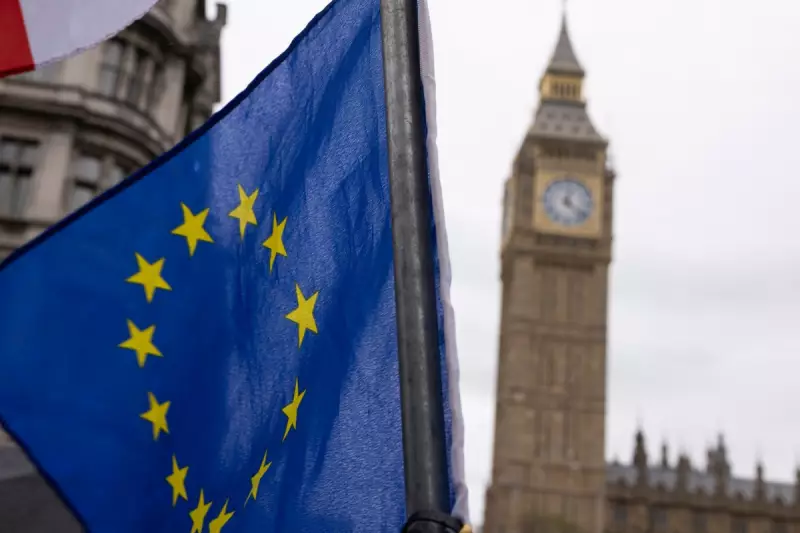
In a dramatic turn of events that could reshape the post-Brexit political landscape, Nigel Farage has made startling admissions about the validity of key campaign promises made during the 2016 EU referendum.
The Admissions That Shook Westminster
The former UKIP leader and Brexit architect confessed that the controversial £350 million weekly NHS funding claim, famously emblazoned on the Vote Leave campaign bus, was misleading. Farage acknowledged the figure was never accurate, stating it represented gross rather than net contributions to the EU.
Even more significantly, Farage admitted that immigration would not see the dramatic reduction many Brexit supporters anticipated. "Immigration's not coming down," he stated bluntly, contradicting one of the fundamental promises that drove many voters toward the Leave campaign.
Boris Johnson's Central Role Under Fire
The revelations place renewed scrutiny on Boris Johnson, who served as a prominent face of the Vote Leave campaign and later became Prime Minister. Johnson repeatedly defended the £350 million figure during and after the campaign, despite widespread criticism from economists and fact-checking organisations.
Political analysts suggest these admissions could have significant implications for public trust in political campaigns and the politicians who championed them.
Broader Implications for UK Politics
These confessions emerge as the UK continues to grapple with the practical consequences of leaving the European Union. The gap between campaign rhetoric and reality has become increasingly apparent in areas ranging from trade to border control.
The timing is particularly sensitive as the Conservative government faces mounting pressure over its handling of post-Brexit arrangements and the economy.
Political commentators note that Farage's candour, while surprising, reflects a growing recognition that many Brexit promises have failed to materialise in the years since the referendum.





